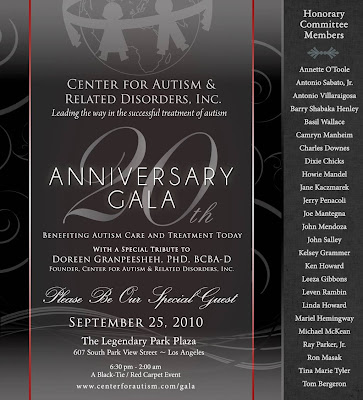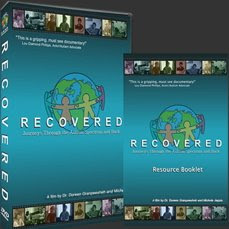By: Talya Vogel, B.A.
Given the complexity of human emotions, the ability to recognize facial expressions is essential in understanding and appropriately responding to another person’s mental state. A distinguishing feature of autism spectrum disorders (ASD) is impaired socialization skills. It has been suggested that this weakness in social interaction stems from a difficulty in interpreting facial expressions (an impairment also common among individuals with ASD).
A recent study by Farran, Branson, and King investigated facial expression recognition in 20 males with high functioning autism (HFA) or Asperger syndrome (AS), compared to typically developing (TD) individuals. The study asked participants to search for a target face in a crowd based on six emotional expressions (happiness, sadness, anger, fear, surprise, and disgust) to assess their speed and accuracy in recognizing facial expressions.
Results showed:
- HFA / AS individuals were slower to process fear, anger, and sad expressions
than the typically developing control group
- No difference between the groups in responses to happy, disgust, and
surprise expressions
While some previous studies have reported an anger superiority effect, this study demonstrates a happy face advantage in visual search tasks.
Past studies have looked at brain activity during facial expression processing, showing that different emotions activate separate cortical areas. The happy face advantage seen in this study suggests that the cortical area responsible for the detection of happy faces is not specifically impaired in ASD. The differences in recognition based on individual emotions also support Simon Baron-Cohen’s amygdala theory of autism.
References:
Farran, E.K., Branson, A., & King, B.J. (in press). Visual search for basic emotional expressions in autism; impaired processing of anger fear, and sadness, but a typical happy face advantage. Research in Autism Spectrum Disorders. doi: 10.1016/j.rasd.2010.06.009
Hansen, P., & Hansen, R. (1998). Finding the face in the crowd: An anger superiority effect.
Journal of Personality and Social Psychology, 54, 917-924.
Leppanen, J.M., & Hietanen, J.K. (2004). Positive facial expressions are recognized faster than negative facial expressions, but why?
Psychological Research, 89, 22-29.





















